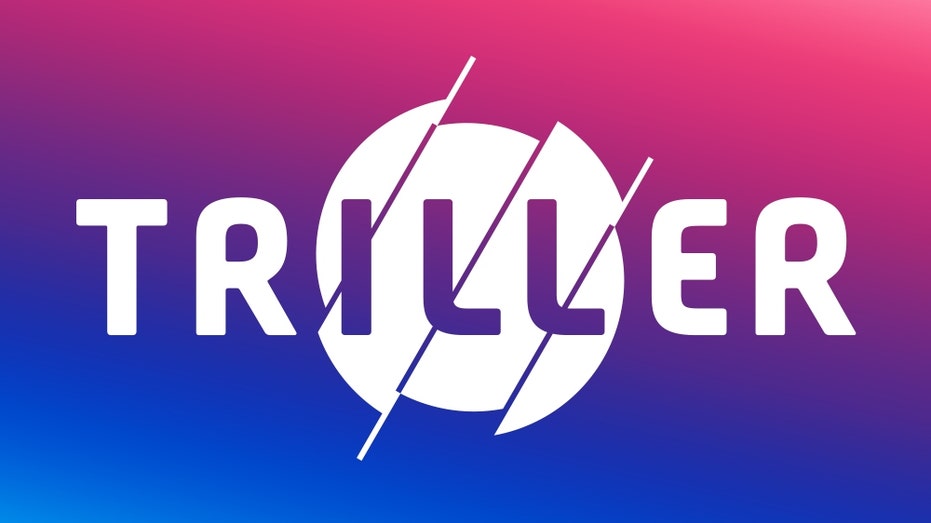Lebih daripada 10 juta peniaga Alipay di China kini menerima kod QR Alipay+ daripada TNG eWallet, membolehkan rakyat Malaysia membuat transaksi tanpa wang tunai di China seperti orang tempatan. Ini adalah berita baik kerana anda tidak perlu memuat turun aplikasi tambahan dan cukup memastikan baki mencukupi di dalam TNG eWallet anda.
Namun, terdapat beberapa kekangan kerana sesetengah peniaga kecil di China mungkin menggunakan kod QR peribadi mereka untuk menerima pembayaran dan kod QR Alipay+ mungkin tidak diterima oleh peniaga Alipay lama. Pada masa ini, pembayaran Alipay+ melalui Touch ‘n Go eWallet tidak menyokong pemindahan peer-to-peer. Kod QR bukan peniaga pada masa ini tidak disokong oleh dompet luar negeri disebabkan oleh sekatan peraturan.
Untuk menggunakan TNG eWallet anda di China, cukup tekan Bayar dan kemudian geser ke atas untuk menunjukkan kod QR Alipay+ anda seperti yang ditunjukkan di atas. Kemudian pilih China Daratan dan tunjukkan kod QR anda kepada peniaga Alipay. Aplikasi TNG eWallet akan memaparkan kadar pertukaran mata wang asing semasa kod QR dipaparkan.
Pengguna Touch ‘n Go eWallet kini boleh bertransaksi di China tanpa perlu memuat turun aplikasi tambahan. Walau bagaimanapun, terdapat beberapa kekangan yang perlu diambil kira sebelum membuat transaksi menggunakan TNG eWallet.













